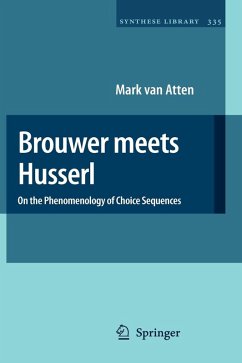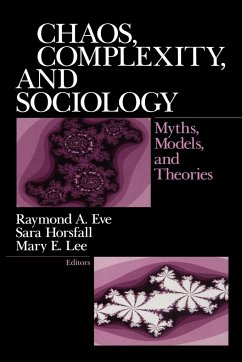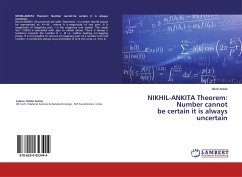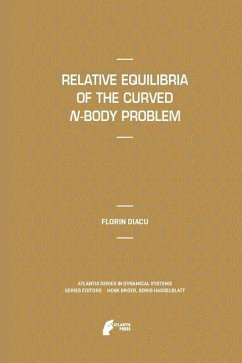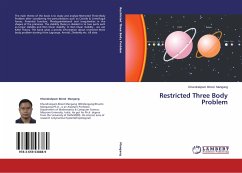Nicht lieferbar
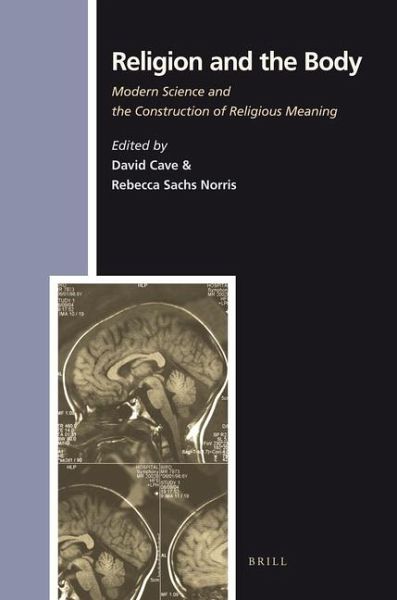
Religion and the Body
Modern Science and the Construction of Religious Meaning
Herausgegeben von Cave, David; Sachs Norris, Rebecca
Versandkostenfrei!
Nicht lieferbar
This book reflects on the implications of neurobiology and the scientific worldview on aspects of religious experience, belief, and practice. Just as interest in the neurosciences and related fields has burgeoned in contemporary society, interest in the fields of neuroscience and cognitive studies is also growing within the religious studies academy, and reflection on these shifts is well overdue. How do religious practitioners negotiate the interconnection of science and religion? What can the neurosciences add to scholars' understanding of religion and to how humans construct religious meani...
This book reflects on the implications of neurobiology and the scientific worldview on aspects of religious experience, belief, and practice. Just as interest in the neurosciences and related fields has burgeoned in contemporary society, interest in the fields of neuroscience and cognitive studies is also growing within the religious studies academy, and reflection on these shifts is well overdue. How do religious practitioners negotiate the interconnection of science and religion? What can the neurosciences add to scholars' understanding of religion and to how humans construct religious meaning? Chapters address these questions by investigating religious experience and authority, the cultural construction and deconstruction of the body, and cross-cultural appropriations of the body.






